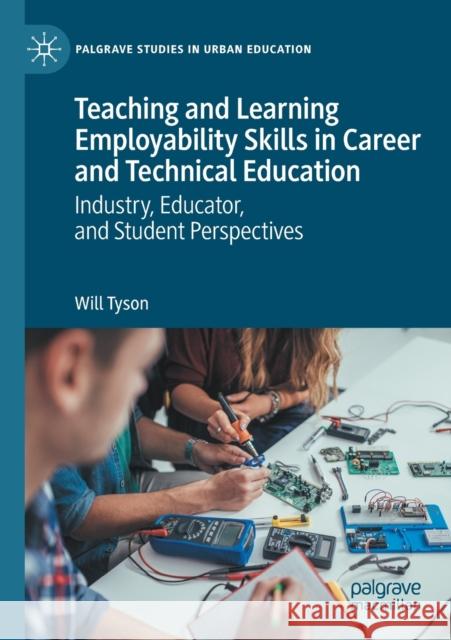Teaching and Learning Employability Skills in Career and Technical Education: Industry, Educator, and Student Perspectives » książka
topmenu
Teaching and Learning Employability Skills in Career and Technical Education: Industry, Educator, and Student Perspectives
ISBN-13: 9783030587468 / Angielski / Miękka / 2021 / 184 str.
Teaching and Learning Employability Skills in Career and Technical Education: Industry, Educator, and Student Perspectives
ISBN-13: 9783030587468 / Angielski / Miękka / 2021 / 184 str.
cena 603,81
(netto: 575,06 VAT: 5%)
Najniższa cena z 30 dni: 462,63
(netto: 575,06 VAT: 5%)
Najniższa cena z 30 dni: 462,63
Termin realizacji zamówienia:
ok. 16-18 dni roboczych.
ok. 16-18 dni roboczych.
Darmowa dostawa!
Kategorie:
Kategorie BISAC:
Wydawca:
Springer Nature Switzerland AG
Seria wydawnicza:
Język:
Angielski
ISBN-13:
9783030587468
Rok wydania:
2021
Ilość stron:
184
Waga:
0.23 kg
Wymiary:
21.01 x 14.81 x 0.99
Oprawa:
Miękka
Wolumenów:
01











